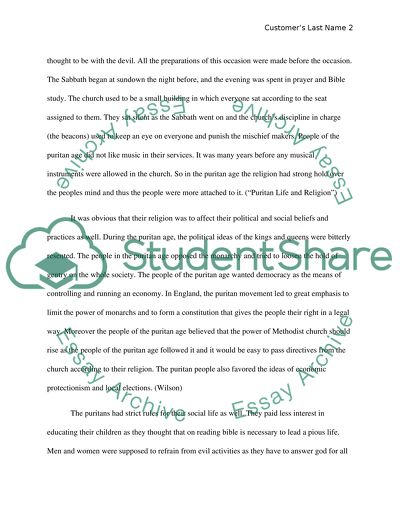Cite this document
(“The Religious, Political, and Social Philosophies during the Essay”, n.d.)
Retrieved from https://studentshare.org/history/1432703-the-religious-political-and-social-philosophies
Retrieved from https://studentshare.org/history/1432703-the-religious-political-and-social-philosophies
(The Religious, Political, and Social Philosophies During the Essay)
https://studentshare.org/history/1432703-the-religious-political-and-social-philosophies.
https://studentshare.org/history/1432703-the-religious-political-and-social-philosophies.
“The Religious, Political, and Social Philosophies During the Essay”, n.d. https://studentshare.org/history/1432703-the-religious-political-and-social-philosophies.


